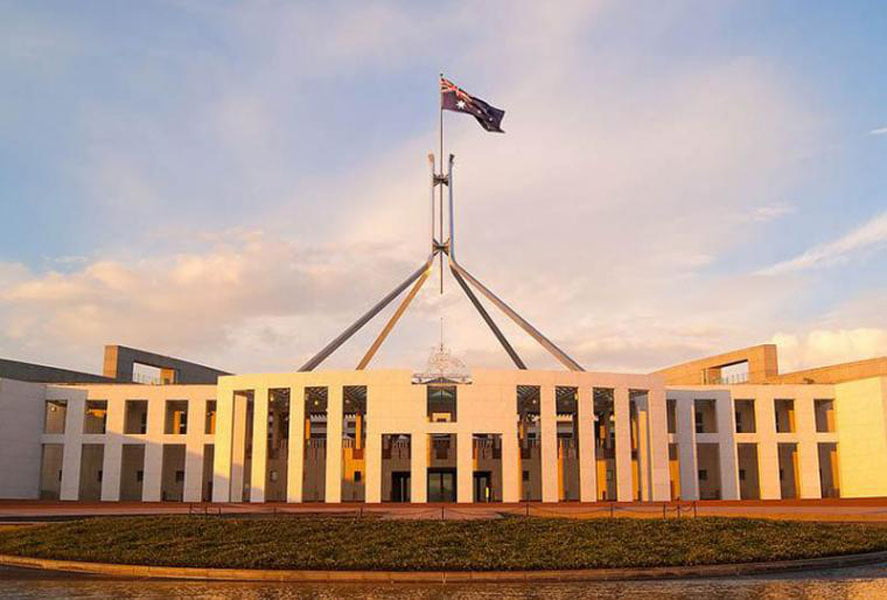The federal government has agreed to make a series of changes to the controversial My Health Record service in the face of widespread public criticism and debate.
In a statement late on Tuesday night, health minister Greg Hunt said he would be “removing any ambiguity” from the legislation underpinning MHR, altering the bill to ensure that authorities looking to access the data stored on the service must have a warrant.
The government said it would also now allowed those with a MHR to permanently delete it and the data if they wish. This is a big switch from the current policy, which allows users to cancel their account but stores the data until 30 years after their death.

The opt-out period was launched two weeks ago, and was met with an array of criticisms and outrage.
A central issue surrounding the ability for law enforcement and government agencies to access the data stored on MHR without a warrant.
Section 70 of the My Health Record Act says that the Australian Digital Health Agency only has to “reasonably believe” that the release of the data is “reasonably necessary” to assist with the prevention, detection, prosecution or punishment of a criminal office, the enforcement of laws or the “protection of the public revenue”.
The government and the ADHA has continually maintained that the legislation is overridden by the agency’s own charter, which requires a court-issued order for data to be handed over.
But this was widely criticised by doctors and digital and civil rights advocates, with Australian Medical Association president Tony Bartone telling the National Press Club last week he would be calling on the government to do “whatever it takes” to remove the ambiguity.
After meeting with the AMA and the Royal Australian College of General Practitioners in Melbourne on Tuesday night, Mr Hunt has agreed to amend the MHR legislation, which was passed by the Labor government in 2012.
“The amendment will ensure no record can be released to police or government agencies, for any purpose, without a court order. The Digital Health Agency’s policy is clear and categorical – no documents have been released in more than six years and no documents will be released without a court order. This will be enshrined in legislation,” Mr Hunt said.
“This change to the My Health Record Act will therefore remove any ambiguity on this matter.”
The government will also be amending the legislation to allow people to permanently delete their data from their digital health record in a major shift from the current policy, with changes made to “ensure if someone wishes to cancel their record, they will be able to do so permanently, with their record deleted from the system”.
The communications strategy of the ADHA has also been widely criticised, including by Dr Bartone, and Mr Hunt said more will be done to convey the virtues of MHR.
“The government will also work with medical leaders on additional communications to the public about the benefits and purpose of the My Health Record, so they can make an informed choice,” Mr Hunt.
While the changes address some of the central issues surrounding MHR, many others still remain.
There are significant concerns that the trove of valuable medical data will act as a “honeypot” for hackers, with a breach “just a matter of time” according to Electronic Frontiers Australia board member Justin Warren.
The switch from an opt-in service to an opt-out one is also an “abuse of trust” by the government, the Australian Privacy Foundation’s Bernard Robertson-Dunn said.
The Opposition has called on the government to extend the three-month, while politicians from both sides of the aisle have said they will be opting out of the service.
Do you know more? Contact James Riley via Email.

